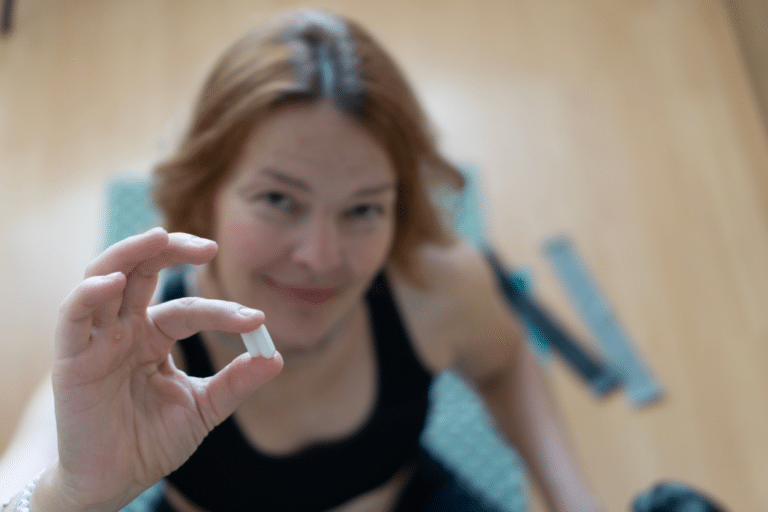You may have started this year with plans to get your health back on track. But that planning may not have taken your heart into consideration.
The Problem? Stress Kills.
Many perimenopausal women don’t quite grasp the importance of good heart health. The day-to-day stresses of life can quickly derail the best of intentions that will keep your ticker in tip-top shape. Heart disease is the number one killer of post-menopausal women, and stress is a big contributor.
Let’s take a look.
What IS Stress?
What exactly is stress? The World Health Organization (WHO) defines stress as “any type of change that causes physical, emotional, or psychological strain. Stress is your body’s response to anything that requires attention or action.”
Usually, we think of stress relating to a job, finances, or relationships. But stress also comes into play when talking about our diet, how often we eat, or even winning the lottery.
What does that mean for you? Stress increases your levels of cortisol, one of your stress hormones. In some ways, this is good- you get things done! When our adrenals are required to put out cortisol constantly, they eventually become impaired in their ability to respond because their communication with the brain goes off the rails. The adrenal imbalance not only zaps your mojo in a big way but also affects your body’s ability to produce other feel-good hormones like DHEA, estrogen, progesterone, and testosterone.
What Does Stress Do to My Heart?
When stress becomes your BFF, it can cause some serious negative consequences on your heart. It increases the rate at which plaque accumulates in the arteries. It makes platelets sticky and prone to forming clots that can block these arteries. Stress can also cause blood vessels to constrict, starving the heart of blood and triggering chest pain or a heart attack.
Unfortunately, women are more prone to the impact of stress on the heart. That’s why women need to recognize stress and learn to cope with it in a healthy manner.
“My Heart Is Beating out of My Chest!”
Many women experience heart palpitations for the first time in perimenopause. Cortisol speeds up your heart rate. Mix that with low progesterone, and you have a recipe for disaster. You may find yourself lying in bed, feeling like your heart is beating out of your chest. Many women visit the ER only to hear everything is “fine.” This situation is alarming for several reasons. Number one, there may be undiagnosed heart disease lurking, waiting to rear its ugly head later in life. Secondly, your healthcare provider is not listening to you. That’s a sign to find a new one…but that’s a topic for another post. Here you go.
How to Cope with Stress in Midlife
You can incorporate many techniques into your life to manage your stress. Here are some to get you started.
- Biofeedback. (This technique teaches you to control your body’s reaction by changing your thoughts and emotions.)
- Meditation.
- Breathing exercises.
- Autogenic training. (This practice involves speaking or thinking verbal cues to different parts of your body.)
- Progressive muscle relaxation.
- Mindfulness-based stress reduction.
- Self-coaching (this technique helps challenge unhelpful thought patterns).
These techniques work best when combined with other healthy habits. You need to get enough sleep, move your body, and incorporate pleasure into your daily routine.
This stress management plan needs to become a daily practice. You will find that with time, “practice makes perfect.” Taking care of yourself becomes a daily priority. Your heart will thank you!
Dr. Anna Garrett is a menopause expert and Doctor of Pharmacy. She helps women who are struggling with symptoms of perimenopause and menopause find natural hormone-balancing solutions so they can rock their mojo through midlife and beyond. Dr. Anna is the author of Perimenopause: The Savvy Sister’s Guide to Hormone Harmony. Order your copy at www.perimenopausebook.com.
Also, she offers a membership group, Hormone Harmony with Dr. Anna Garrett, which provides women in midlife with affordable expert guidance and community support.
Dr. Anna is available for 1-1 consultation. Find out more at www.drannagarrett.com/lets-




